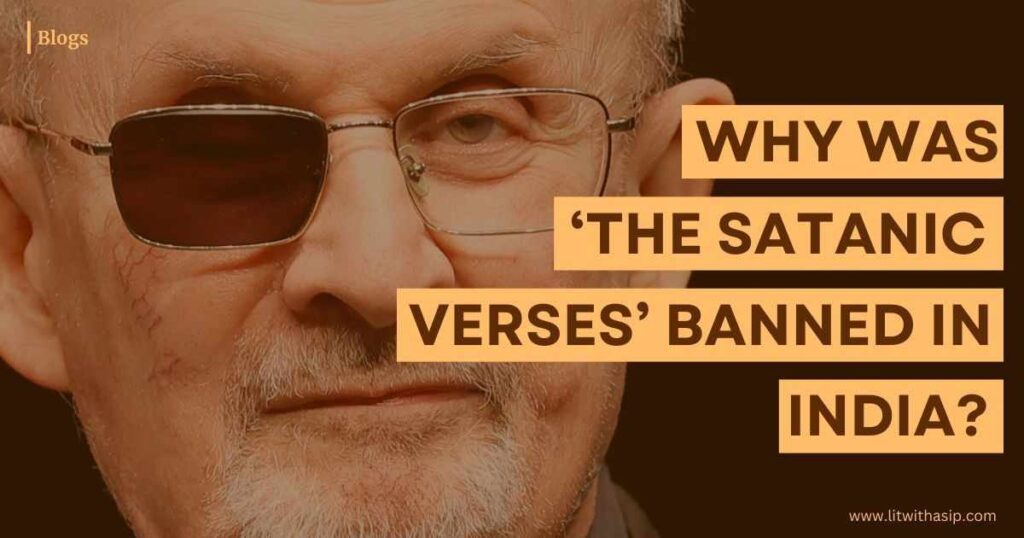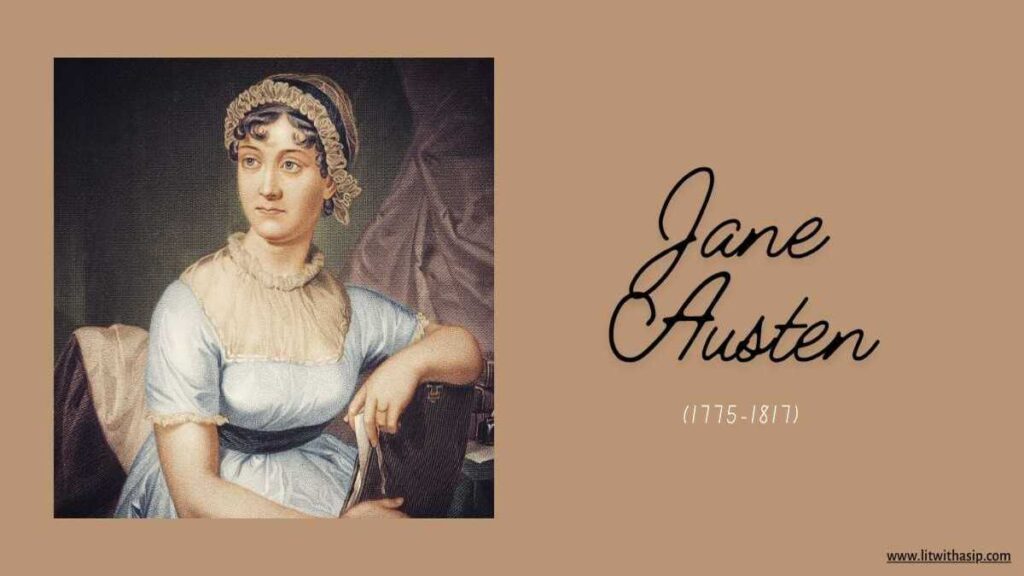
It was about four decades ago that Salman Rushdie’s The Satanic Verses was banned in India. However now, Indians can finally read it freely. The ban against the book seems to be lifting away not because of ideas of freedom of speech or modernization, but because the government could not produce the original notification of the ban. The book stirred so much controversy after its publication that the author was subjected to a fatwa and the Rajiv Gandhi government had to impose bans. It was only in 2019 that an Indian citizen named Sandipan Khan filed a case against the government’s official website for not holding the document of the ban in place.
Salman Rushdie, a British American writer born in India, is known for contributing significantly to historical fiction and incorporating magic realism in his works. His works deal with themes like migration, separation, disruption, and political chaos. While he has gained popularity for his works like Midnight’s Children and The Moor’s Last Sigh, he has also witnessed a lot of controversy surrounding his work The Satanic Verses. Today, the book as well as the writer are making it back to the headlines and people want to know why the book was even banned from being imported in the first place…
This article explains the five major reasons why The Satanic Verses was banned:
Title Controversy
Unlike what one might think from the title, the book does not directly refer to Satan or Satanism as per the religious symbolism. Rather, the title reflects upon the historical and theological controversy that once sparked in early Islamic history, called the “Satanic Verses incident”. This was a controversial episode in the life of the Prophet Muhammad where it is said that he had mistaken Satan’s words for divine revelation. It is also believed that he recited verses that appeared to endorse pagan Meccan deities, false gods worshiped by the pre-Islamic Arabs. According to the tale, he later drew back these verses, explaining that they had been whispered to him by Satan, rather than revealed by God.
Notably, this whole story is often disputed amongst Islamic beliefs due to its lack of authenticity. This incident is controversial, and for some, even referencing it is seen as highly offensive and provocative. Also, prophet Muhammad’s objective has been to move away from idolatry rather than giving in to it, as per the beliefs. Making any suggestions about him propagating the words of Satan is considered nothing less than profanity.
Perceived Blasphemy Against Islam

Many Muslims saw the novel as disrespectful towards Islam and the Prophet Muhammad. The book includes the fictional portrayal of a prophet, which some readers interpreted as a parody of Muhammad, leading to accusations of blasphemy. The religious revelations have been portrayed in a manner suggesting that often these revelations are influenced by human desires and biases. This hurt the emotions of Islamic beliefs and put a question on their sanctity and authenticity.
Cultural Insensitivity
The tone of the novel is often considered satirical and irreverent at various points. This was taken by some as an attempt to ridicule central figures and symbols in the Islamic religion. Rushdie, himself belonging to a Muslim heritage, was judged for belittling as well as hurting the religious sentiments and Islamic culture through his work. Critics have argued that the book played into stereotypes and prejudices about Islam, inflaming tensions across various nations with significant Muslim populations.
Political Pressures and Protests
Post its publication, the book sparked mass protests and riots in several countries. The nations with large Muslim populations, such as India, Pakistan, and Bangladesh, were an important part of this chaos. For instance, the controversy deepened so much that it gave rise to violent demonstrations in Pakistan. The copies of this book were burnt in Britain as well. In response to public pressure and concerns about maintaining social order, governments were forced to ban the book to avoid further unrest.
Therefore, in 1988, India issued an order that forbade the import of the novel into the country. Rushdie called the decision ‘profoundly disturbing’. According to Rushdie’s letter to Gandhi, as published in the New York Times, the banning of the book appreciated extremism and made the future opportunity of free expression thin. It had only taken a few days for the ban to happen after the book was published. Now, in 2024, as the government is unable to produce the official document of the ban, there seems to be a possibility to buy the book freely within the nation soon enough.
Fatwa and Threats Against Rushdie

It was Ayatollah Khomeini, Iran’s Supreme Leader, who had issued a fatwa against The Satanic Verses. Sources indicate that he even called for Rushdie’s death which heightened tensions and made the book even more controversial. The fear of violence related to the book was widespread and motivated bans to prevent potential escalation of backlash against Muslim MPs.
The violence had been so prominent that Rushdie was forced to stay low profile for a long time, hiding under the protection of the British Government. An assassination was attempted against him in 2022 when he was stabbed multiple times while making a public appearance in New York. According to sources, he even lost sight in one eye and the use of one hand, which further aggravated the situation. It was only in 2023 that he made his first public appearance ever since the attack and praised the ‘heroes’ who saved him.
At last, the lifting of the ban on books like The Satanic Verses gives rise to a possible shift toward embracing open dialogue and cultural tolerance. The book’s unbanning provides a renewed opportunity to explore its themes from the modern point of view and to discuss the importance of balancing respect for religious beliefs while also keeping the right to free expression intact. This change invites fresh discussions about literary censorship and reflects India’s commitment to supporting diverse viewpoints, even the challenging ones.

Jennis Jacob, a passionate literary enthusiast in her 20s, is a writer and poet. With eight years of experience in literature, she is currently a master in English and finds inspiration in Womanist, American, and Indian Partition Literatures. Her works have appeared in anthologies such as ‘Carved Words Of Creative Minds’ and ‘100 Splendid Voices,’ and she is working on upcoming books. Through LitWithASip, she aims to ignite a love for literature and empower individuals to embrace their true selves.


Somebody essentially help to make seriously articles I would state. This is the first time I frequented your website page and thus far? I amazed with the research you made to make this particular publish extraordinary. Excellent job!
Hi my friend! I want to say that this article is amazing, nice written and include approximately all vital infos. I would like to see more posts like this.
You are my aspiration, I have few web logs and often run out from to post : (.
Hey! This is my first comment here so I just wanted to give a quick shout out and tell you I really enjoy reading through your articles. Can you suggest any other blogs/websites/forums that deal with the same subjects? Thanks a ton!
Great write-up, I’m regular visitor of one’s site, maintain up the excellent operate, and It is going to be a regular visitor for a long time.
It?¦s actually a great and useful piece of info. I?¦m satisfied that you just shared this helpful information with us. Please stay us up to date like this. Thank you for sharing.
Pretty! This was a really wonderful post. Thank you for your provided information.
I like this website very much, Its a very nice post to read and get info . “It is impossible for a man to learn what he thinks he already knows.” by Epictetus.
I really enjoy looking through on this site, it holds wonderful blog posts. “Never fight an inanimate object.” by P. J. O’Rourke.